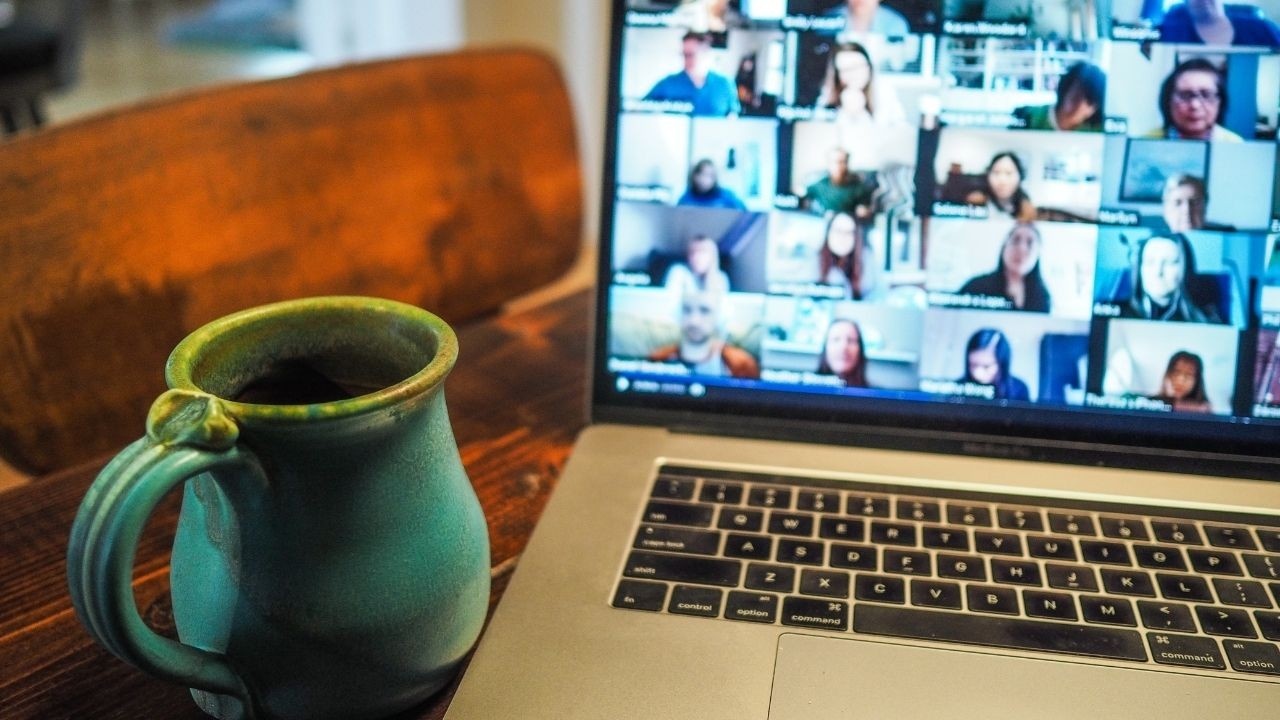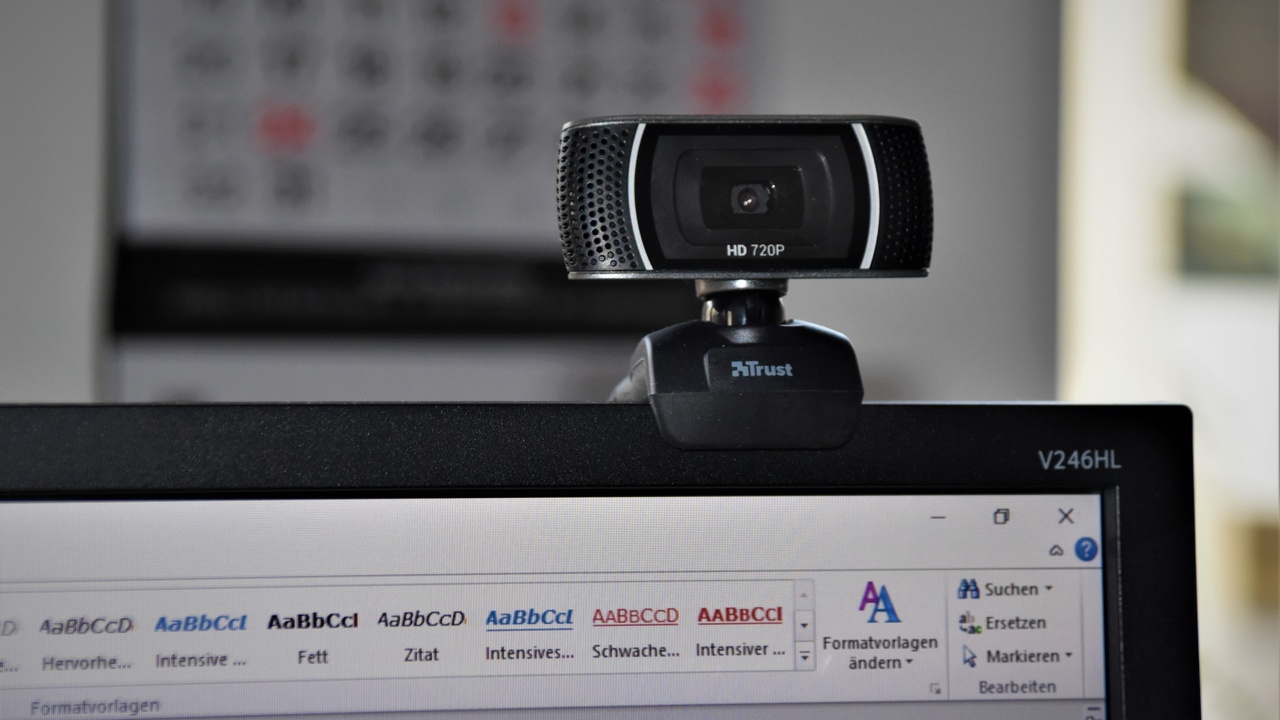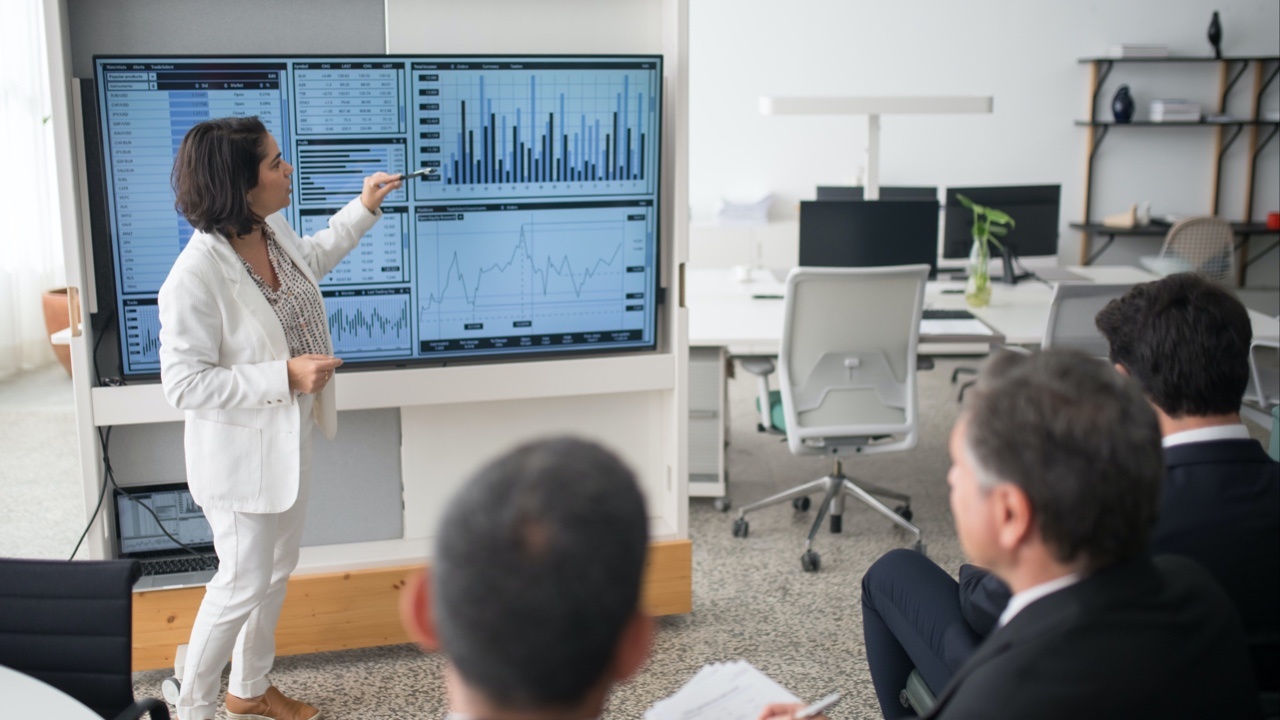How to Stop Phone Distraction on Vacation

By John Millen
Vacation can be a restful time, creating special memories while reconnecting with family and friends.
But one thing might interfere with making those memories: smartphone distraction. Let’s admit that most of us have fallen victim to this addictive device.
A 2018 study by Asurion found that Americans, on average, check their phone once every 12 minutes, or five times an hour, while on vacation. Some even check their phones nearly 300 times a day!
That's why Anna Lembke, a psychiatrist and an addiction specialist at Stanford, says that “Just about all of us have a digital drug of choice, and it probably involves using a smartphone—the equivalent of the hypodermic needle for a wired generation.”
Taking a vacation from email
While much of this phone focus might be on social media, news, or game apps, many employees also check their email while on vacation, for fear of missing out (FOMO) or returning to a flood of emails.
Some have a real fear of losing status in companies that create 24/7 online cultures. Sure, the company rhetoric talks about “work-life balance” but in reality, your boss still expects a reply in the middle of the night, or on vacation. “I know you’re on vacation, but…”
In some countries, companies are starting to establish policies in order to help their employees actually enjoy the benefits of work-life balance relating to email.
German automaker Daimler instituted a "Mail on Holiday" email policy allowing employees to auto-delete any emails they receive while they’re away.
The auto-response gives three options to those who send you emails: it notifies them that their emails will be deleted; if it’s truly important, they can email a colleague you’ve identified; or they can email you again after you have returned from vacation.
The email policy allows employees to actually have time away from the office and unplug from the digital world worry-free.
And Portugal passed a law that employers can’t contact employees outside of working hours, except for emergencies.
But checking work email during vacation is only a symptom of the larger problem: whether on vacation or not, we have become addicted to our devices, especially our phones.
And this is understandable because the content on your phone is scientifically designed to be addictive.
You’ve probably heard of dopamine. It’s the powerful neurochemical that gives you that positive rush when it pings into the pleasure center of your brain.
It happens every time you do that thing that is most pleasurable to you, from eating chocolate to achieving a goal.
Dopamine is at the heart of any addiction of human beings, including drugs, alcohol, and gambling. So it’s understandable that social media companies including Facebook, Twitter, and Snapchat have hired teams of neuroscientists to develop the most highly addictive programs possible.
Phone addiction
This was confirmed by media-buying firm RadiumOne’s study of Australian consumers and found that dopamine is also released when we use social media.
The study concluded that “Every time we post, share, ‘like,’ comment, or send an invitation online, we are creating an expectation. We feel a sense of belonging and advance our concept of self through sharing.”
The retweets, likes, and shares also provide positive reinforcement and reward. Sometimes you don’t even have to physically touch your phone in order to receive positive feelings.
Mauricio Delgado, a professor of psychology at Rutgers University, shares:
Often, if you have the earliest predictor of a reward—a sign of a social media alert, like your phone buzzing—you get a rush of dopamine from that condition stimulus. That might trigger you to go check out the outcome, to see what it is.
This is why research finds the average American checks the phone 80 times a day.
Solutions to Unplug
Here are a few practical tips for you to consider in getting your phone-use habits under control during vacation and throughout your life:
1. Develop your awareness
Besides monitoring your usage with apps, it’s important to be mindful of how and why you’re using social media. Practice being present to develop your mindfulness. It’s important to be intentional with your time and energy. Choose platforms that connect you with others and foster positivity in your life.
2. Avoid “Doomscrolling”
Likewise, avoid apps that bring negativity and anxiety into your life. In these trying times, many people have fallen prey to “doomscrolling,” which Wikipedia describes as, the compulsion to engross oneself in negative news, [which] may be the result of an evolutionary mechanism where humans are “wired to screen for and anticipate danger”.
By frequently monitoring events surrounding negative headlines, staying informed may grant the feeling of being better prepared; however, prolonged scrolling may also lead to worsened mood and mental health as personal fears might seem heightened.
3. Set limits
While completely refraining from social media during holidays is a great goal, it may not be for everyone. You might set aside a certain amount of time each day to engage on social media, while others may want to limit themselves to just one or two platforms.
4. Find an app for that
While it may seem counterintuitive, you can use an app to help you stop looking at other apps. The Forest app helps you stay focused by showing a seed being planted in a forest, gradually growing into a tree.
The longer you leave your phone untouched, the longer the tree will keep growing. But if you leave the app, your tree will die. The growing tree is your reward for staying away from your phone.
The app Mute keeps track of how often you check your phone and your daily screen time. You can set goals in the app to help you use your phone less often. It’s a great way to hold yourself accountable.
5. Turn it off
Many people struggle with using social media in moderation and should consider truly unplugging from it. This can range from turning off your notifications, which I have done routinely for years, to deleting the social media apps from your phone entirely for a given period of time.
6. Try a digital detox
In order to maintain a healthy relationship with social media, many advocate regular breaks from it. A new trend is to practice media-free weekends, using the time to rest and recharge offline.
7. Kick your phone out of the bedroom
Whether we’re on vacation or not, many of us have difficulty falling asleep – and staying asleep.
In my speeches, I’ll ask for a show of hands-on whether people look at their phone the last thing at night, first thing in the morning, and in the middle of the night.
The vast majority of the audience cops to the first two and a lot of hands go up for the third.
Did you know that the blue light and the stimulation of the content can prevent a restful night’s sleep?
In fact, a study of young adults in the United States by the National Institutes of Health (NIH) found that the strongest indicator of disturbed sleep is social media use during the 30 minutes right before bed.
Another study by NIH found a clear link between social media and increased depression among young adults.
Try charging your phone in another room so that you’re not tempted to look at it. Consider replacing social media with another activity like reading or journaling, in order to unwind before bed.
Here are additional tips on ways to curb your smartphone addiction.
The iPhone started the smartphone revolution when it was introduced in 2007. It’s clearly changed the world in positive and negative ways.
While smartphones may bring us tremendous benefits, it’s up to each of us to understand their toll and take control.
Take control and be present in your life.








